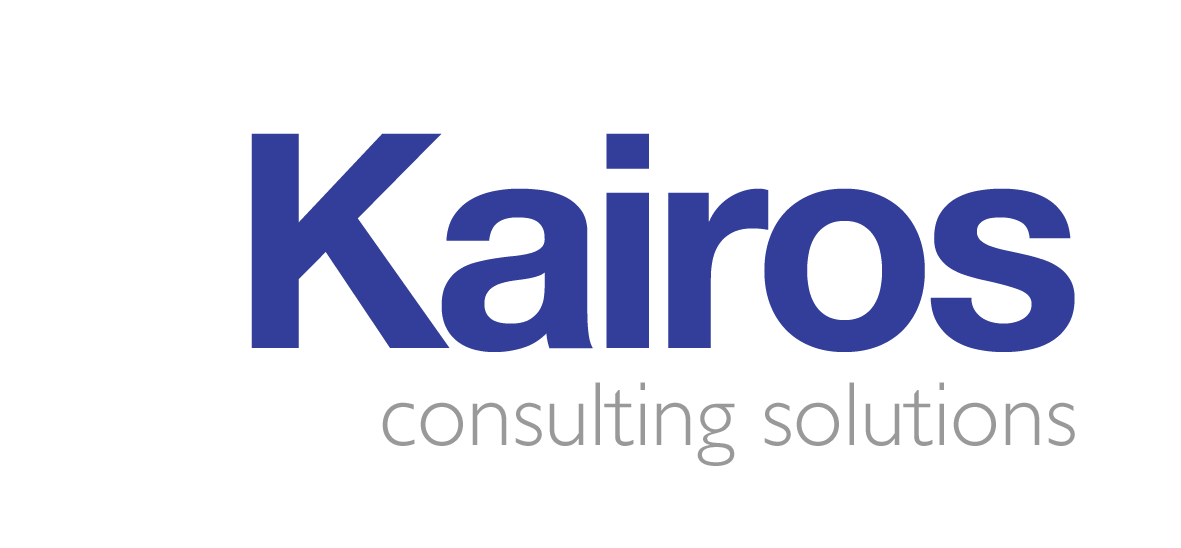21st Century Organisation
The 21st Century has evolved as the age of disruption: in technology, business models and across entire industries. To be successful with these modern market pressures and uncertainties, organisations and leaders must be able to change existing paradigms, structures and mindsets to enable a coherent organisational focus on being competitive.
Here’s how we enable leaders and organisations to achieve this:
Purpose-driven organisations
Shifting mindset from profit-orientation to purpose-orientation. Purpose gives people a far more expansive space in which to create, grow their talents and innovate. Having a purposeful focus translates into higher innovation, productivity and profits.
Example activities are
Collaborative Culture and Agile Operations
Introducing collaboration and fluidity into business processes will deliver an agile and resilient culture.
Connected Customers
Imagining and delivering an entirely new approach to engaging with customers will deliver greater returns from 21st Century digitally aware, technically savvy and better informed customers.
Activities in this area are
Agile Culture
Shifting mindsets and embedding new ways of workingOrganisational Design
Developing and implementing fit-for-the-future designsComplexity Labs
Learning to adapt to complexity by adopting an agile approachCo-Creation Events
Harnessing knowledge and ideas across organisations through collaboration21st Century Leadership
Traditional models of leadership focus on specific behaviours and approach leadership in a highly structured manner. 21st Century leadership is more fluid, chaotic and less clear-cut. Leaders now have a very different role - less about telling employees what to do and more about creating an environment that encourages diversity of thinking, self-motivation and autonomy.
In the 21st Century, the most successful leaders will focus on sustaining superior performance by aligning their people around corporate mission and values, and empowering leaders at all levels; they will also concentrate on delivering outstanding customer service and actively promoting collaboration throughout the organisation.
The challenges businesses face these days are too complex to be solved by individuals or even individual organisations. Collaboration within the organisation and with customers, suppliers and even competitors is required to achieve lasting solutions. Leaders must foster this collaborative spirit, eliminating internal politics and focusing on internal cooperation.
21st Century leaders empower leaders at all levels, combined with sophisticated accountability systems to ensure commitments are met.
Key offerings in this area are:
Leading
Digital
Leading
Innovation
Leading Knowledge Workers
Complexity
Labs
Experiential Learning Journeys
Business Innovation
Business Innovation is about delivering greater value to customers and consistently creating and delivering new and improved products, services, solutions, business practices and experiences. Business Innovation is essential for long-term business survival in the 21st Century. If your business model stays static, your business will be disrupted by competitors.
The twin pillars of achieving successful Business Innovation are understanding how to nurture innovation consistently and how to unlock the creative potential of everyone. These are achieved by undertaking an Innovation Journey:
Exploring the world around you
Connecting
With the right new people and new ideas
Innovating
By combining what you know well with the wisdom and insight of others
Growing
By reinventing the state-of-the-art in your industry
Key offerings in this area are:
Innovation Culture
Innovation Journey
Innovation Camps
Innovation Café
Business and Digital Transformation
Business and Digital Transformation allows organisations to take control over the digital disruptions that are happening to them. It is a bold ambition to rethink business and operating models to provide exceptional business performance and breakthrough value for customers.
Business and Digital Transformation doesn’t focus on a few discrete, well-defined organisational adjustments, but rather on a portfolio of interdependent or intersecting initiatives which are enabled by digital technology. Most importantly the overall goal of Business and Digital Transformation is not just to execute a defined change, but to reinvent the organisation and discover a new or revised business model based on a compelling vision for the future.
Getting Business and Digital Transformation right we offer a range of interventions, including:
Cultural Transformation
Creating collaborative and agile cultures
Digital Transformation
Mastering digital challenges
Agility Lab
Managing organisational complexity
Co-Creation Events
Collaboration facilitation
Change Management
21st Century companies require a different approach to change management. In today’s world, change consultants need to help organisations negotiate change instead of imposing it.
We all know that fast-paced change is the new norm, and thinking of change management as a specialised practice area is therefore no longer relevant. Leaders must build a capability in their organisations to accept inevitable and ongoing change. Resistance to change is perfectly normal and does not need to be a key concern anymore, as there are now tools to embed change into an organisational culture. That said, 21st Century Change Management must also focus on employees’ reaction to constant change and to be honest and proactive about the challenges as well as the gain from change.
